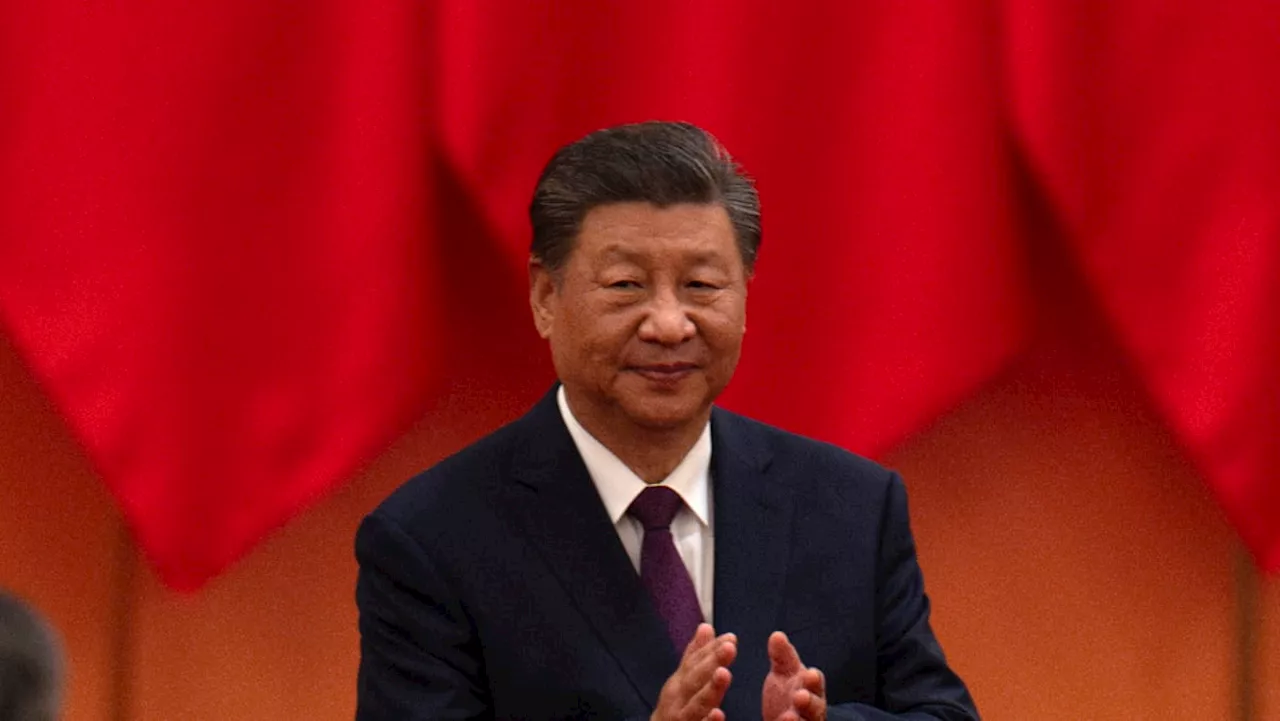The ringgit’s recent appreciation has been attributed to sound government policies, but the strengthening may be transitory in nature, says an ISEAS - Yusof Ishak Institute academic.
by close to 11 per cent against the US dollar between mid-June and end-September this year. Political leaders from the country’s ruling coalition were quick to attribute this reversal of the ringgit’s fortunes to “sound government policies”.
Another much-cited driver of the ringgit’s appreciation is the robust growth in exports. Exports grew by 12 per cent year-on-year in July and August this year, driven by the palm oil industry and key manufacturing industries such as machinery and equipment as well as electrical and electronics. This implies that Malaysia’s exports have become cheaper over the years while its imports have become more expensive. The recent appreciation of the ringgit has reversed this long-run trend only slightly.
Though the size of trade in services has gradually risen over the years, its size relative to the GDP has declined since the late 1990s. Trade in services is still dwarfed by merchandise trade, which is five to six times larger. Thus, the services sector is expected to remain mainly non-tradable in the future.One consequence of the rise of the non-tradable sector in the economy is the relative decline in the role of trade.
South Africa Latest News, South Africa Headlines
Similar News:You can also read news stories similar to this one that we have collected from other news sources.
 Don’t discount bonds as an investment choiceBonds are potentially attractive for retail investors seeking stable returns and capital appreciation.
Don’t discount bonds as an investment choiceBonds are potentially attractive for retail investors seeking stable returns and capital appreciation.
Read more »
 Commentary: At 75, China may be unwittingly veering down a path it tries to avoidAs China marks the 75 years since the founding of the People’s Republic, there is a palpable irony in its current trajectory and President Xi Jinping’s quest to avoid the fate of the Soviet Union and resist US containment, says Lizzi C Lee of the Asia Society Policy Institute.
Commentary: At 75, China may be unwittingly veering down a path it tries to avoidAs China marks the 75 years since the founding of the People’s Republic, there is a palpable irony in its current trajectory and President Xi Jinping’s quest to avoid the fate of the Soviet Union and resist US containment, says Lizzi C Lee of the Asia Society Policy Institute.
Read more »
 Commentary: Could mandatory climate reporting make SGX less attractive?The earlier companies recognise the inevitable reality of sustainability reporting, the better prepared they would be to deal with market requirements in the future, says NTU’s Kelvin Law.
Commentary: Could mandatory climate reporting make SGX less attractive?The earlier companies recognise the inevitable reality of sustainability reporting, the better prepared they would be to deal with market requirements in the future, says NTU’s Kelvin Law.
Read more »
 Commentary: US support for Israel can’t stay ‘ironclad’ if Netanyahu keeps escalatingIn 1914, Germany gave Austria-Hungary a “blank cheque”, which turned a regional conflict into World War I. The United States must not make the same mistake, says Bloomberg Opinion’s Andreas Kluth.
Commentary: US support for Israel can’t stay ‘ironclad’ if Netanyahu keeps escalatingIn 1914, Germany gave Austria-Hungary a “blank cheque”, which turned a regional conflict into World War I. The United States must not make the same mistake, says Bloomberg Opinion’s Andreas Kluth.
Read more »
 Commentary: Japan’s new prime minister has barely the concept of a planJapan Prime Minister Shigeru Ishiba’s statements on everything from nuclear power to monetary policy are by turns contradictory and vague, says Gearoid Reidy for Bloomberg Opinion.
Commentary: Japan’s new prime minister has barely the concept of a planJapan Prime Minister Shigeru Ishiba’s statements on everything from nuclear power to monetary policy are by turns contradictory and vague, says Gearoid Reidy for Bloomberg Opinion.
Read more »
 Commentary: Are banking products for young children a boon or bane?Before giving children access to bank accounts and debit cards such as OCBC MyOwn Account, parents need to assess their children's financial readiness, says writer Lara Tung.
Commentary: Are banking products for young children a boon or bane?Before giving children access to bank accounts and debit cards such as OCBC MyOwn Account, parents need to assess their children's financial readiness, says writer Lara Tung.
Read more »
